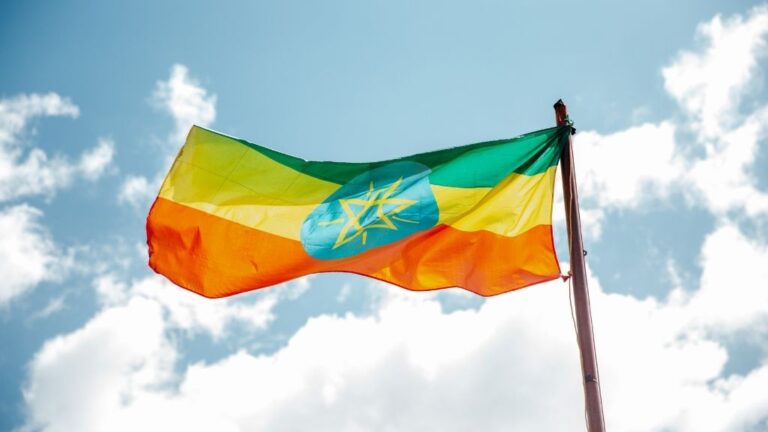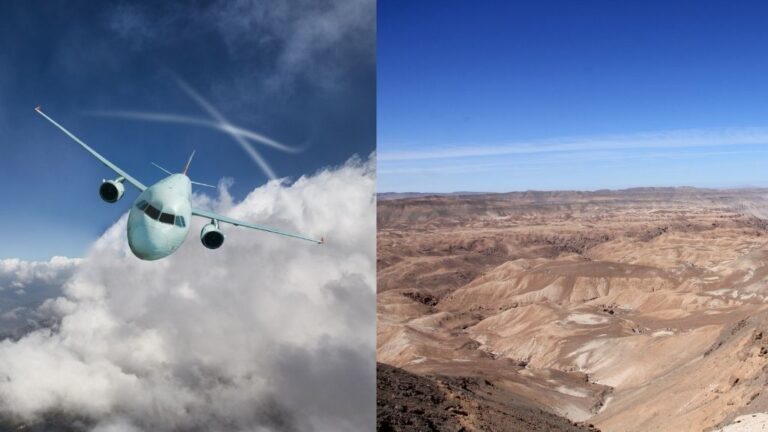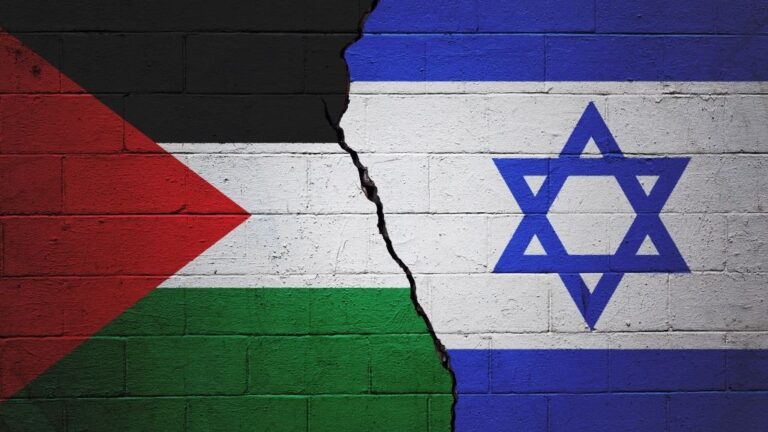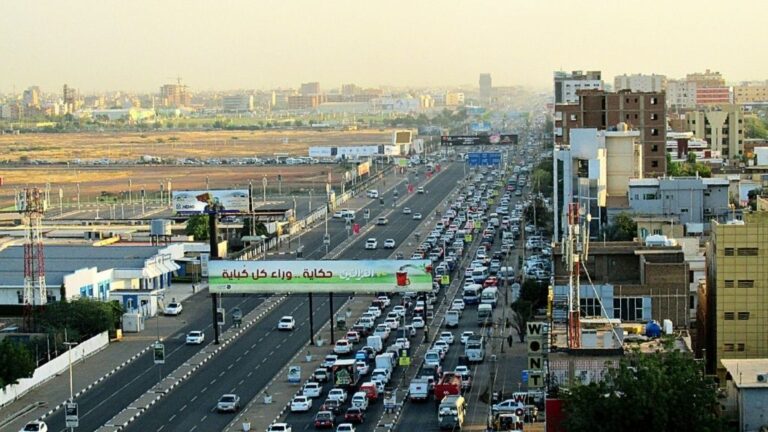
In late October, Sudan's prime minister and other leading politicians were placed under house arrest following a military coup. The coup led to widespread protests in the country, which in turn have caused several deaths and hundreds of injured people. Photo: Kada Kole. Source: Flickr.
Of: Robin Vikstrom
What many observers feared eventually came true. Two years into the democratic transition period, the military took matters into its own hands, and now endangers the entire country - and the future of 40 million Sudanese.
November 12, 2021, Debate
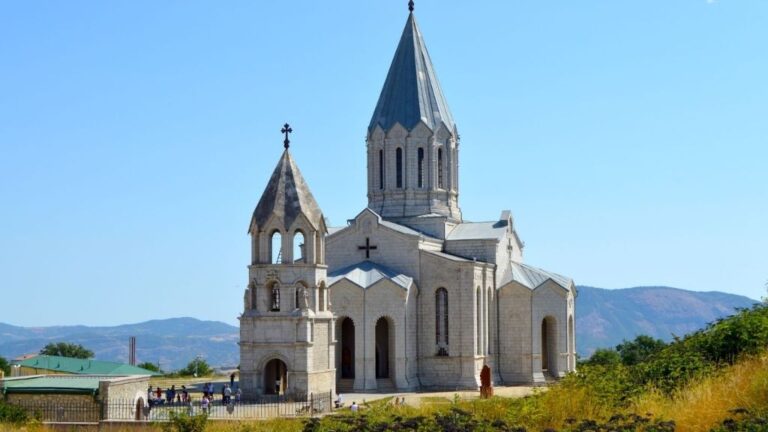
The Armenian Cathedral Ghazanchetsots Cathedral in the city of Shushi. The city has great cultural and historical value for both Armenians and Azerbaijanis, and it was taken back by Azerbaijan during the war of 2020. The cathedral was subjected to shelling during the fighting. Photo: Robert Levonyan Source: Unsplash.
Of: Sara Lannebo
One year after the end of the war between Armenia and Azerbaijan, the situation in the Nagorno-Karabakh breakaway region remains unstable. With historical trauma, harsh tone and disputed boundaries, a solution seems far out of sight. - This is not only a conflict between regimes, but also between societies, says Thomas de Waal, author and analyst at Carnegie Europe.
November 10, 2021, Interview
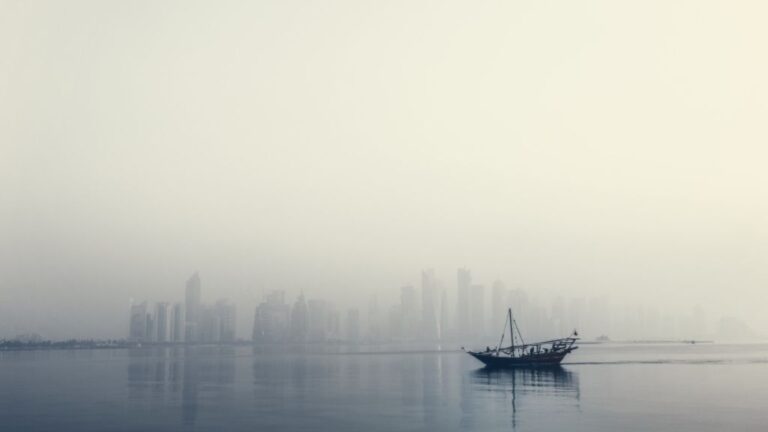
In January next year, the UN will hold its fifth conference on the world's least developed countries. The conference will be held in Qatar's capital Doha. In preparation for the conference, the UN invited to the LDC forum in Helsinki in October. Photo: herosdem. Source: Canva.
Of: Ebba Eriksson
The ongoing Covid-19 pandemic has reduced gender equality in the world and the UN Secretary-General has referred to gender-based violence as the "shadow pandemic". At the UN conference LDC Future Forum in Helsinki, researchers state that women must be included in politics and the labor market if we are to achieve more peaceful, fair and inclusive societies.
October 27, 2021, News

Flag of Palestine. Photo: Ömer Yildiz, Unsplash
Of: Nagaad Kadir Abdimaxmud
In recent weeks, a war has broken out between Israel and Palestinian Hamas. Several lives have been claimed and many people have lost their homes. Following pressure from the UN and other countries, the parties agreed on a ceasefire on 21 May. Experts believe that the violence is exacerbated by Israel's so-called settler colonialism.
June 1, 2021, News

The situation is uncertain in Chad after President Idriss Déby, who ruled the country for 30 years, died after fighting rebel forces.
Photo: Paul Kagame, Flickr
Of: Anna Mattsson
Following the sudden death of President Idriss Déby in April, the Central African country of Chad is in uncertainty. The military council that was appointed shortly afterwards with Déby's son, Mahamat Idriss Déby, at the helm, has created debate and divided opinions both within and outside the country's borders.
June 1, 2021, News
Of: Josefine Hörkeby and Kevin Perera
Last week, Belarus' President Alexander Lukashenko's actions led to widespread criticism from the outside world. Swedish debaters are now calling for sanctions and a new policy towards Belarus and its Russian allies. At the same time, the Israel-Palestine conflict continues to provoke debate. The Swedish metal company Boliden's dark past in Chile is also highlighted by UN rapporteur Marcos Orellana.
May 31, 2021, Current debate
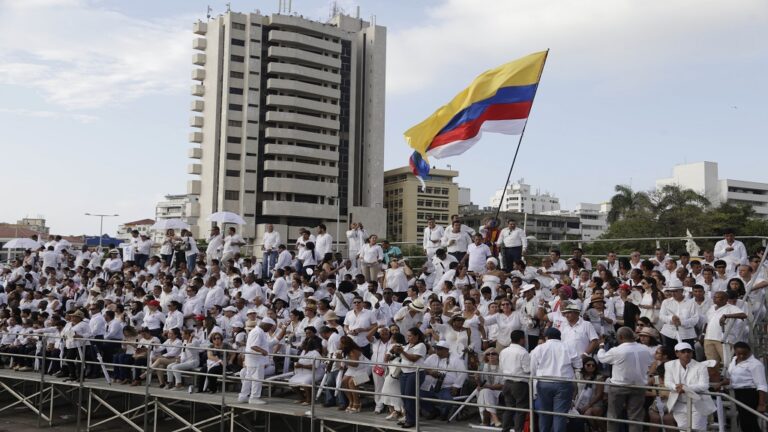
The Colombian government signed a peace agreement with the guerrilla group FARC in 2016, but violence and drug production have not decreased. Photo: Presidencia El Salvador, Flickr.
Of: Jennie Aradszky
Colombia has extensive problems with violence and organized crime, largely linked to international drug trafficking. The outside world is a direct contributor to these problems and in Sweden it is currently being debated whether bans are an effective drug policy. The Swedish government has extended its development cooperation with Colombia, but the serious threat posed by the illegal drug market is not mentioned in the strategy.
May 28, 2021, Analysis
Of: Anna Mattsson
Last week, the conflict between Israel and Palestine continued to dominate the debate sides, now focusing on Sweden's and the EU's role in the conflict. The issue of vaccine patents has also been a recurring theme, where different opinions and calls for what Sweden should do have been expressed.
May 24, 2021, Current debate
Of: Louise Marklund
The debate this week has been dominated by the escalating conflict between Israel and Palestine, where mediation efforts seem to be failing. At the same time, terrorist attacks are being directed at schoolgirls in Afghanistan and European co-operation is being questioned.
May 17, 2021, Current debate
